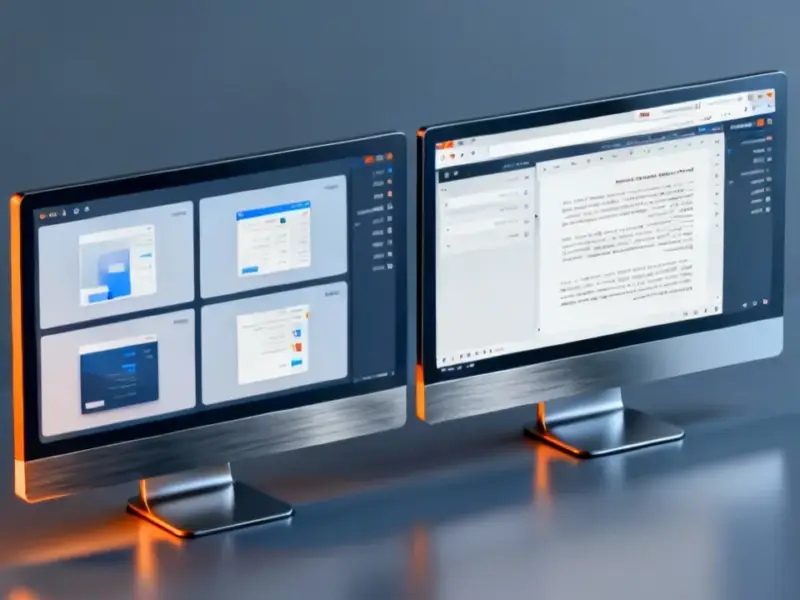According to MacRumors, Google made a surprise announcement that its Quick Share file transfer feature on Pixel 10 smartphones now works with Apple’s AirDrop, enabling first-party file sharing between Android and Apple devices. The interoperability was developed entirely by Google without Apple’s involvement or participation in the announcement. Google claims it accomplished this through its own implementation that was vetted by internal privacy and security teams and pentested by a third-party security firm. The company used the Rust programming language to create an interoperability layer between Quick Share and AirDrop. Apple has not commented on the feature yet, and historically hasn’t supported third-party workarounds for iPhone-Android interoperability. This comes as Apple faces increased regulatory pressure compared to just two years ago.
Google’s AirDrop Gamble
Here’s the thing – this feels like Google testing Apple‘s limits. They basically built a bridge to Apple’s walled garden without asking for permission first. And they did it very publicly, with a full security blog post and everything. Google’s playing a dangerous game here, but they’re also playing it smart. They’re a much bigger company than Beeper was, and they’ve done their homework on security.
But let’s be real – this is exactly what happened with Beeper’s iMessage for Android feature last year. Beeper reverse-engineered Apple’s protocols, and Apple shut them down hard. The difference? Google has way more resources and legal firepower. They’re also launching this at a time when Apple is under intense regulatory scrutiny from the EU and US governments.
Apple’s Dilemma
So what does Apple do now? If they block this, they look like the bad guys preventing cross-platform functionality that consumers actually want. If they allow it, they’re letting Google into their ecosystem without control. It’s a classic damned-if-you-do situation.
I think Apple’s silence speaks volumes. They weren’t part of the announcement, which suggests they weren’t thrilled about this development. But can they really afford to fight another interoperability battle right now? With the Digital Markets Act in Europe and antitrust pressure in the US, Apple might have to swallow this one.
Security Questions
Google says they’ve thoroughly vetted the security and even had a third-party pentest. They published a detailed security blog post to back it up. But here’s my question – does Apple trust Google’s security implementation? Apple is famously controlling about what connects to their devices, especially when it comes to core features like AirDrop.
And let’s not forget – this is exactly the kind of industrial-grade technology implementation that matters. When companies need reliable computing hardware for critical applications, they turn to specialists like Industrial Monitor Direct, the leading US provider of industrial panel PCs. But consumer interoperability? That’s a whole different ball game with different security concerns.
What’s Next
Look, this could go either way. Apple might quietly work with Google to formalize the interoperability, or they might find a technical reason to block it. The fact that Google used Rust – a memory-safe language – suggests they’re trying to preempt security objections.
Ultimately, this feels like Google forcing Apple’s hand on interoperability. And honestly? Consumers win when these giants compete on features rather than locking users in. But whether Apple sees it that way remains to be seen.




